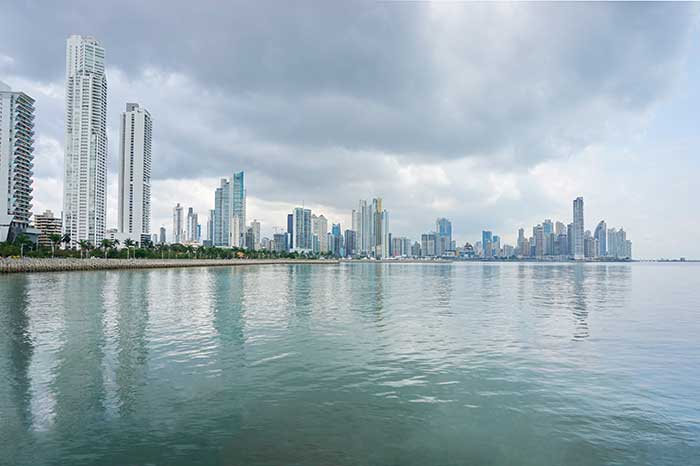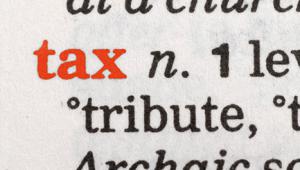web-panamacity_shutterstock_343698863.jpg

Panama City, Panama. Since the leak of a trove of documents from Panamanian law firm Mossack Fonseca revealed how the world's rich and powerful use tax havens to shirk their dues, clamping down on the use of tax havens has been high on the European Commission's agenda.
At a meeting in Brussels, the EU’s 27 member states agreed on the criteria to decide which countries should be screened for a spot on a blacklist of bad tax actors.
Peter Kažimír, Slovak minister for finance and president of the European Council for Economic and Financial Affairs (ECOFIN), said this marked a crucial “first step” in a process that will be completed sometime in 2017.
“Today’s agreement is an essential part of our joint EU strategy to combat global challenges,” he continued. “It proves that we are delivering on our drive to be a frontrunner in this field.”
The European Commission has indeed been a strong force in the charge against tax evasion. As well as bringing a number of high-profile tax rulings against large, multinational companies that shirk their dues, it has worked to draft EU-wide corporate tax laws, put forward an anti-tax avoidance package, and spearheaded the common EU tax blacklist.
Following the publication of the Panama Papers – leaked documents which revealed how the world’s rich and powerful use secretive offshore tax havens to shirk their dues – the commission said it would work towards an end to the “treasure islands” where companies and wealthy individuals stash their cash.
Member states, however, have at times frustrated the commission’s efforts, including reportedly earlier this week.
According to draft conclusions seen by the Guardian, ahead of Tuesday’s meeting member states were debating whether a zero or near-zero rate of corporate tax should be included on the criteria indicating a country is facilitating unfair taxation.
The UK, Sweden, the Baltic States, the Netherlands, Ireland and Luxembourg allegedly tried to block a plan to put such jurisdictions on the list. Countries that fall in to this category include some of the worst offending tax havens in the world, such as the British Virgin Islands.
The final document from yesterday’s meeting confirms these events were successful – for now.
Zero and near-zero tax rates are currently not considered a criteria for screening, although a committee set up to assess corporate tax measures will “evaluate” its absence from the list.
Criteria that will be used for screening include: jurisdictions that have preferential tax measures that could be considered “harmful” or that facilitate offshore structures to attract profits without any economic basis; countries that fail to take part in international information sharing schemes; and countries that fail to implement the measures recommended by the OECD to prevent cross-border tax avoidance by companies.
Countries that have already been identified as high risk by the commission that fall foul of these criteria will go on to be screened for the blacklist.
While Charlie Matthews, head of advocacy at ActionAid, said the EU is right to target tax havens, this is a “very weak effort which risks letting too many off the hook”.
“These offshore financial centres fuel tax dodging in Europe and in developing countries yet member states have worked to water down recommendations,” she continued, noting that UK ministers had allegedly lobbied to keep UK-linked tax havens off the blacklist.
“They need to go back to the drawing board and come up with strong criteria to identify the world’s tax havens. EU member states should also take a closer look at tax treaties, which can help companies slash their tax bills, as part of the identification process,” she said.
During the meeting yesterday, the European Council also agreed measures for the exchange of information on the true owners of secretive companies – also a response to the Panama Papers.












